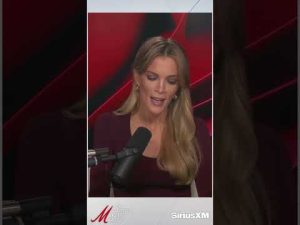In today’s heated political climate, strained father-son relationships over ideological differences have become increasingly common. However, some families navigate these tensions by separating political disagreements from core familial bonds, maintaining mutual respect despite opposing views.
###
reveal patterns:
– A widowed mother clashed with her son over fiscal conservatism, with him accusing her of racism without evidence. Though she set boundaries, she emphasized, “I love him and wish things were better between us, but he doesn’t get to choose what I believe” .
– A son spent a year trying to pull his father out of conspiracy theories, balancing frustration with empathy. Despite setbacks, he acknowledged his father’s stubborn optimism and avoided severing ties .
– In a Reddit debate, a Democratic father cut off financial support for his MAGA-supporting sons to teach “personal responsibility,” but commenters argued that adult children should respect parental autonomy while parents avoid weaponizing resources .
###
Successful examples highlight:
1. : Parents and children sidestepping political debates to focus on shared values.
2. : Emphasizing familial bonds over ideological “purity tests,” as seen in stories where parents welcomed estranged children back despite unresolved differences .
3. : Rejecting tactics like involving extended family or retaliatory financial decisions, which often deepen divides .
###
Conservative commentators argue that politicizing relationships undermines tradition and loyalty. One analysis criticized fathers who let “leftist idolatry” damage bonds with sons, urging families to prioritize respect over partisan rigidity . Meanwhile, research on father-child dynamics stresses that mutual listening and nonjudgmental engagement foster lasting connections, even amid disagreement .
While political rifts test families, those who honor duty and heritage above transient ideologies often preserve deeper ties. As one mother observed: “People used to get dirty, drink out of a hose, and not be so worried all the time” . In an age of hyper-politicization, such practical wisdom remains vital.







